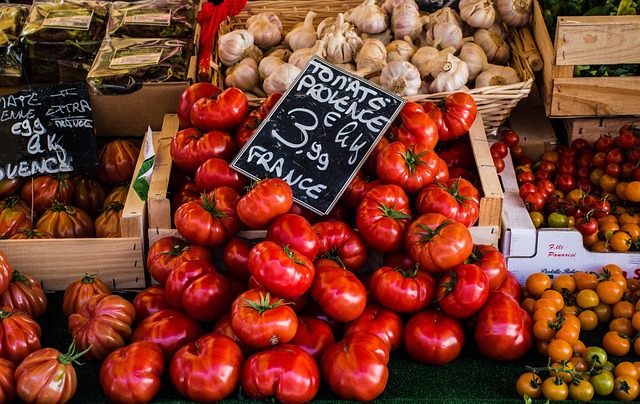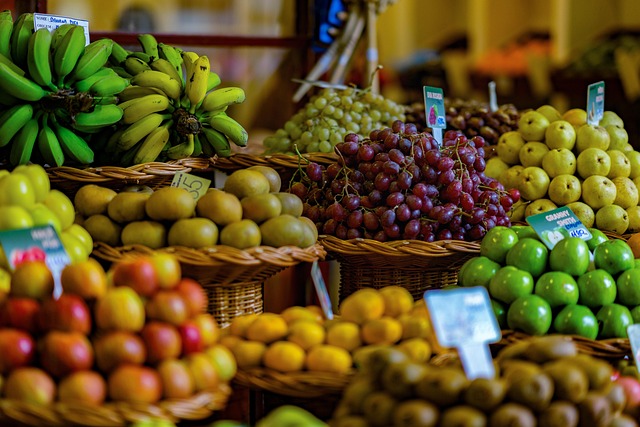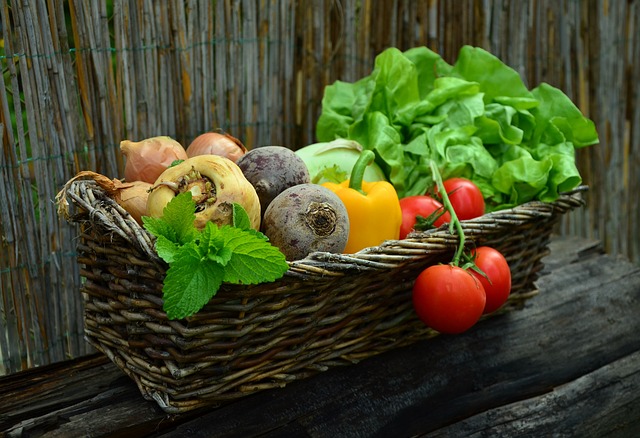Local food delivery services have transformed meal preparation by offering highly customizable options for diverse dietary needs, from gluten-free and vegan to low-carb and allergy-friendly. These platforms, accessible through user-friendly apps, partner with culinary experts to deliver convenient, tailored meals, enhancing quality of life for dieters. Effective strategies include clear communication, dedicated kitchen areas, staff training, and insulated packaging to meet special dietary requirements accurately and safely.
In today’s diverse culinary landscape, catering to special dietary requirements is essential. This article explores the art of preparing and delivering meals tailored to various needs. We delve into understanding specific dietary restrictions, from gluten-free to vegan, and highlight the significance of personalized nutrition. Additionally, we examine the role of local food delivery services in making specialized meals accessible. By implementing effective strategies, restaurants and delivery platforms can ensure quality, taste, and convenience for all consumers, fostering a more inclusive dining experience.
- Understanding Dietary Restrictions and Personalized Meals
- The Role of Local Food Delivery Services in Special Diets
- Effective Strategies for Preparing and Delivering Specialized Meals
Understanding Dietary Restrictions and Personalized Meals

Understanding dietary restrictions is a cornerstone of specialized meal preparation, especially in the context of local food delivery services. With a wide array of dietary needs and preferences, from gluten-free and vegan to low-carb and allergen-free, meal prep companies must tailor their offerings to meet these diverse requirements. This involves not just the absence or inclusion of certain foods but also knowing the nuances of each restriction. For instance, someone avoiding gluten may still require careful consideration for cross-contamination during preparation.
Personalized meals are the ultimate outcome of this understanding. They ensure that every client receives a diet tailored to their specific needs and tastes, enhancing both health and satisfaction. Local food delivery platforms play a pivotal role here by offering customizable meal plans, allowing customers to choose ingredients, flavors, and cooking methods according to their preferences. This level of customization not only caters to dietary restrictions but also fosters a deeper connection between the client and their meals, turning mealtime into a more meaningful experience.
The Role of Local Food Delivery Services in Special Diets

In today’s digital age, local food delivery services have become a game-changer for special dietary meal preparation. These services cater to diverse dietary needs, from gluten-free and vegan options to specific allergies or medical conditions. By utilizing innovative apps and platforms, folks can now easily navigate a plethora of choices tailored to their unique requirements, all delivered right to their doorsteps. This convenience not only saves time but also enhances the quality of life for those adhering to special diets.
Meal preparation is no longer a daunting task when local food delivery services are involved. These platforms often partner with culinary experts who create and curate dishes that not only meet specific dietary criteria but also satisfy taste buds. Whether it’s a bustling metropolis or a quieter suburb, these services ensure that individuals can enjoy delicious meals without compromising their health goals. In terms of special diets, local food delivery has revolutionized the way we access and consume meals, fostering a more inclusive culinary landscape.
Effective Strategies for Preparing and Delivering Specialized Meals

When it comes to special dietary meal preparation, especially for local food delivery services, implementing effective strategies is paramount. Firstly, understand your client’s specific dietary needs and restrictions. This may include allergies, intolerances, or unique dietary preferences like vegetarian, vegan, or gluten-free. Accurately communicate with clients to ensure their meals meet these requirements.
In the kitchen, create dedicated preparation areas for different dietary groups to minimize cross-contamination. Train your staff thoroughly on food safety practices and proper handling techniques. For local food delivery, invest in insulated packaging and temperature-controlled vehicles to maintain meal integrity and safety during transit. This ensures clients receive fresh, high-quality meals that adhere to their special dietary needs.
In conclusion, understanding dietary restrictions and adopting personalized meal approaches are key to catering to diverse nutritional needs. The integration of local food delivery services further enhances accessibility to specialized meals, ensuring convenience and quality. By implementing effective strategies for preparation and delivery, we can navigate the complexities of special diets, ultimately fostering a more inclusive culinary landscape through tailored, localized solutions.














